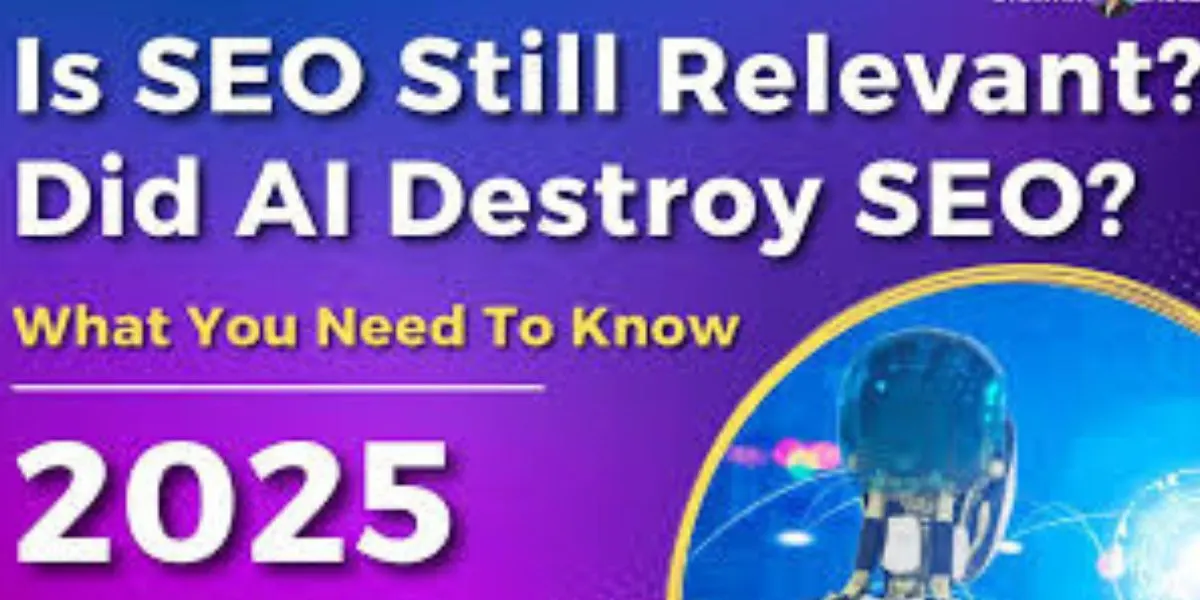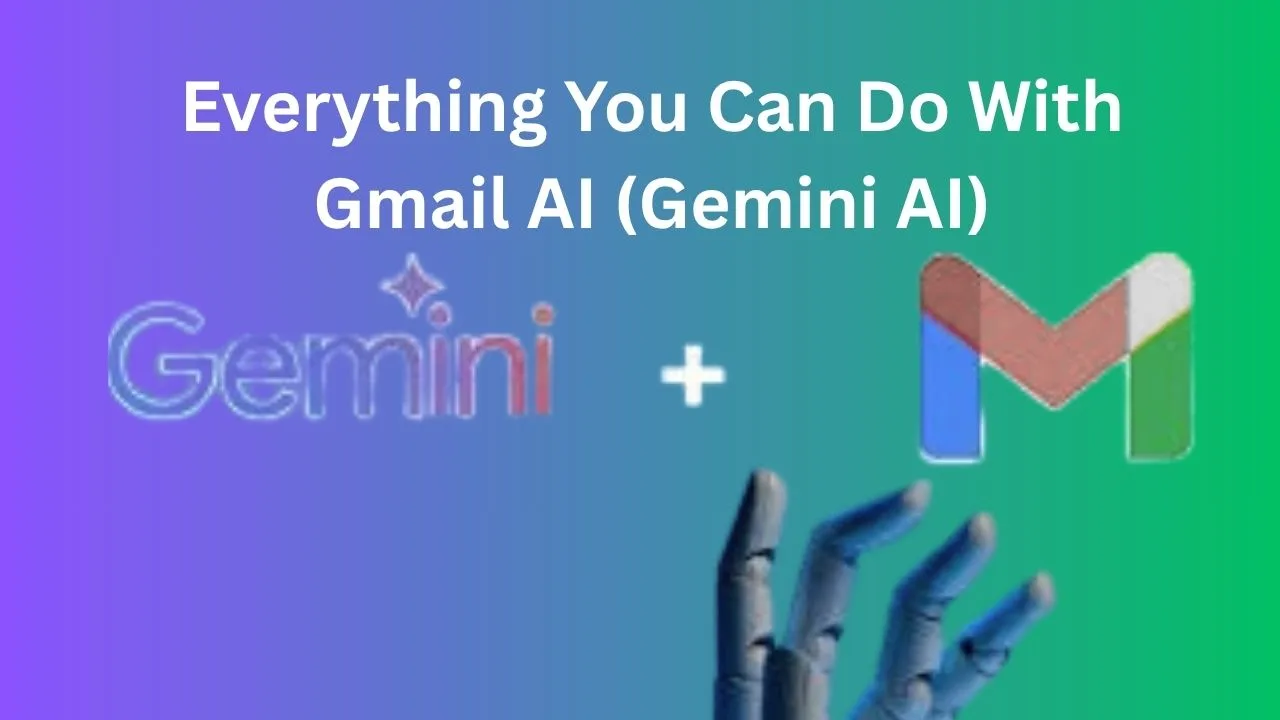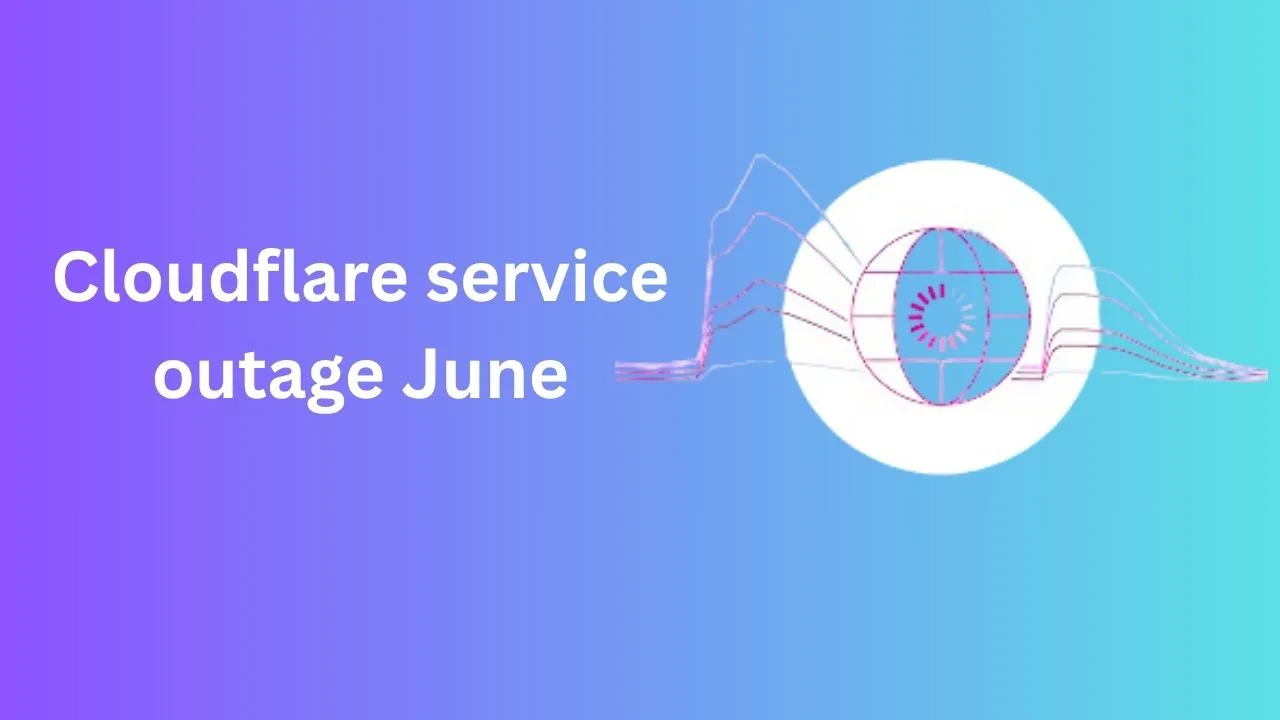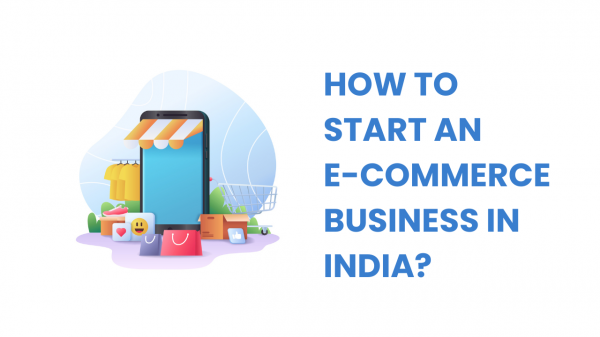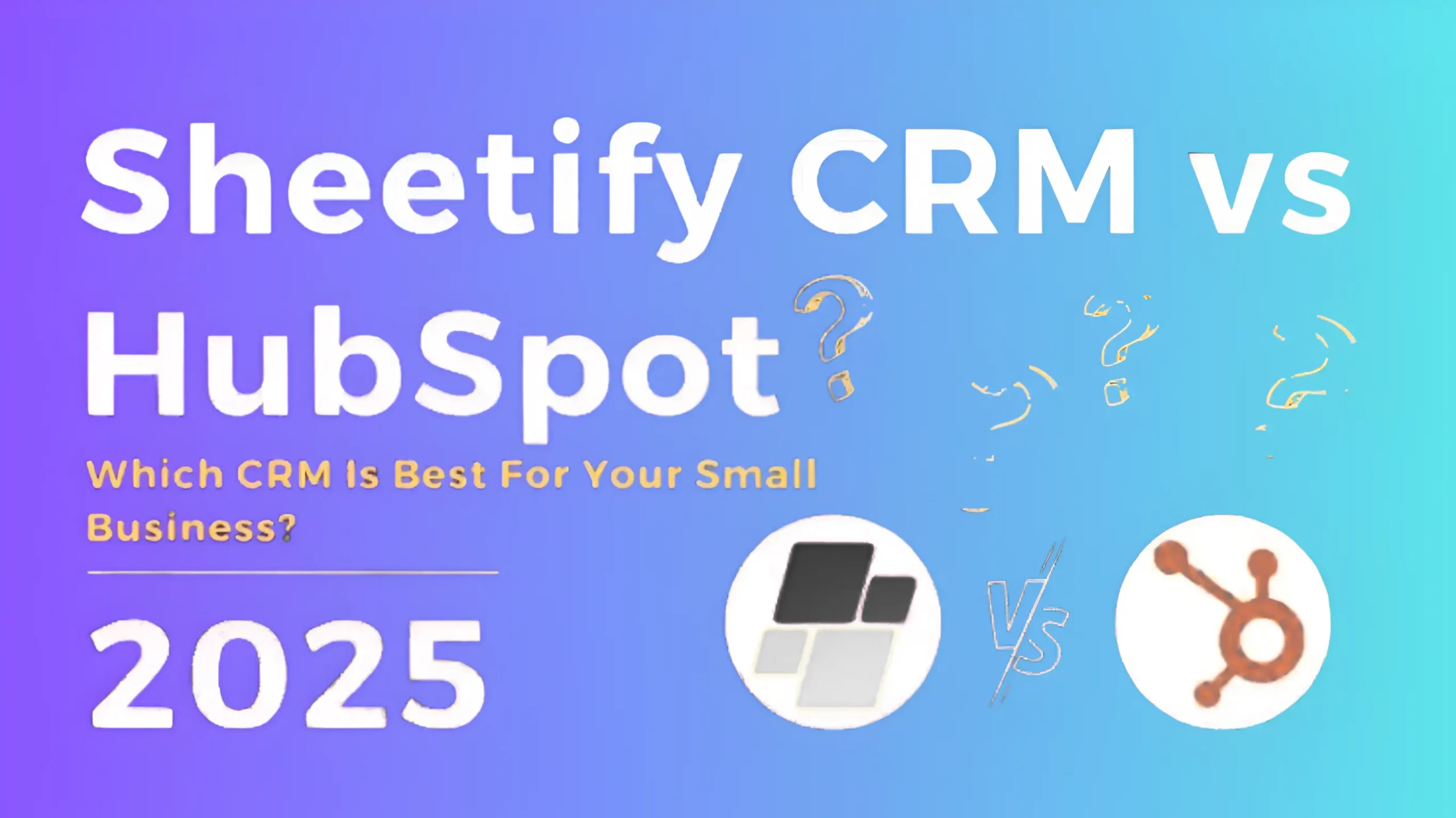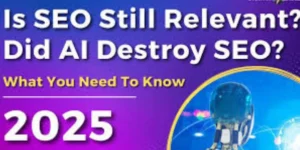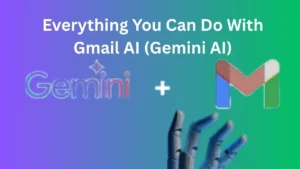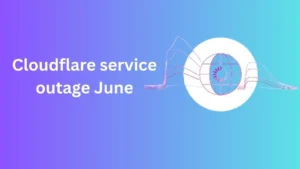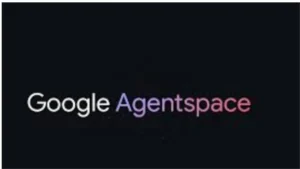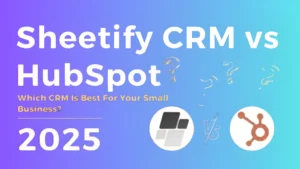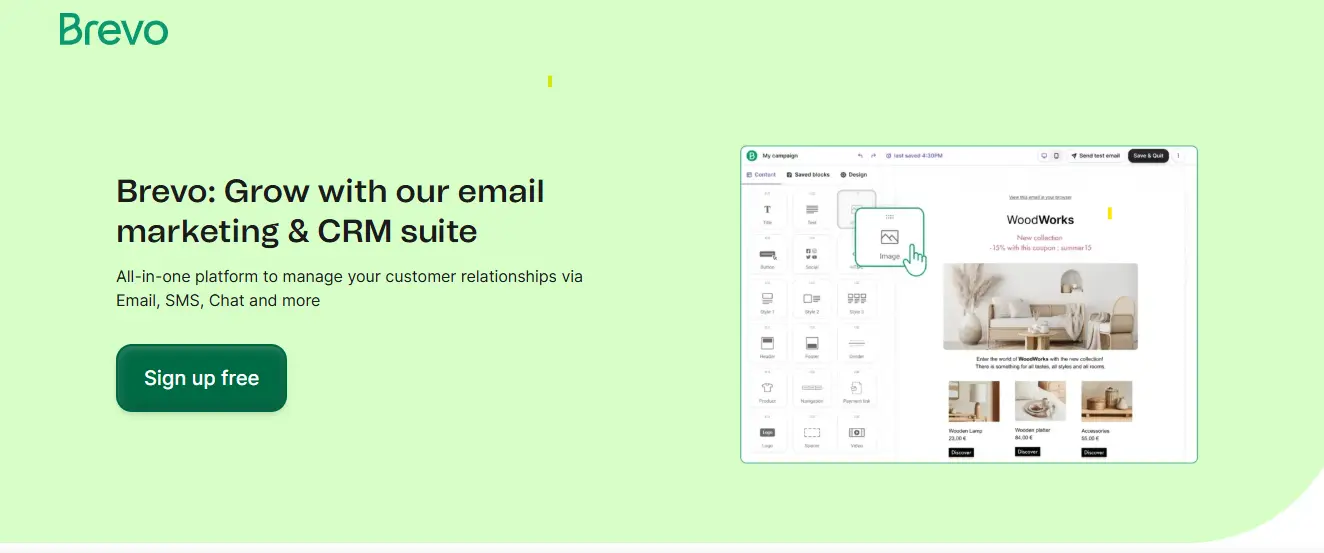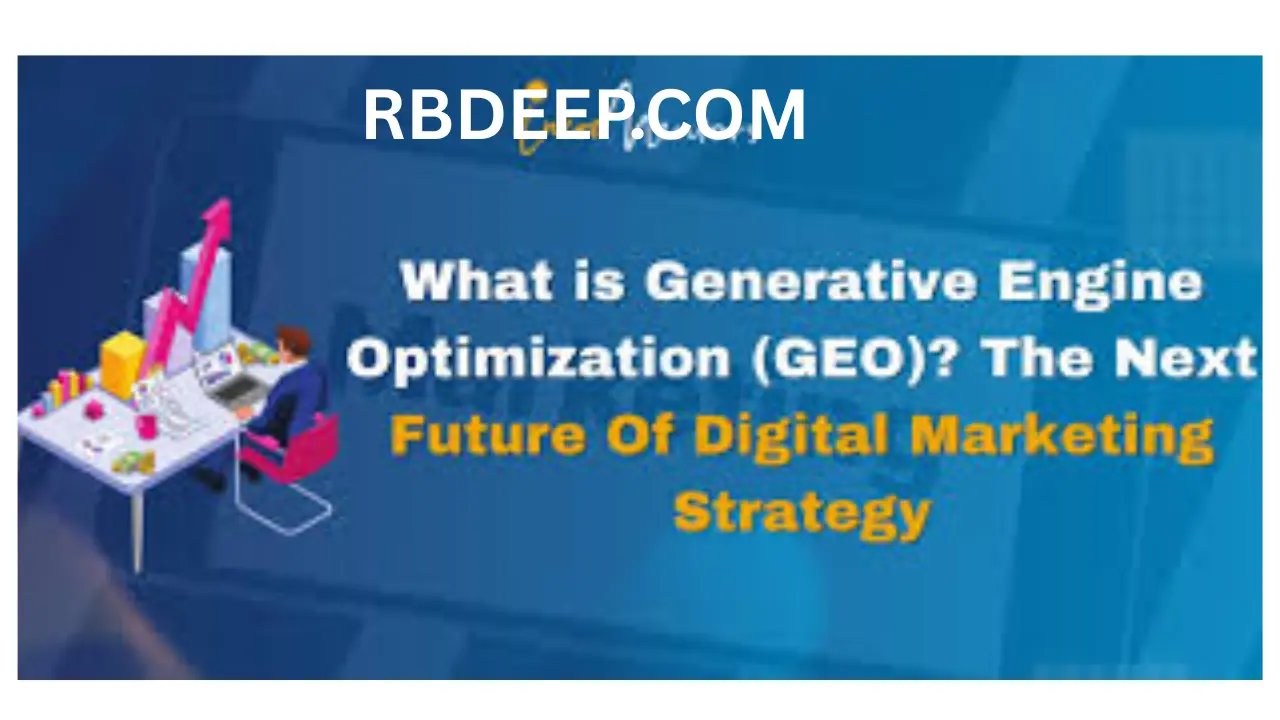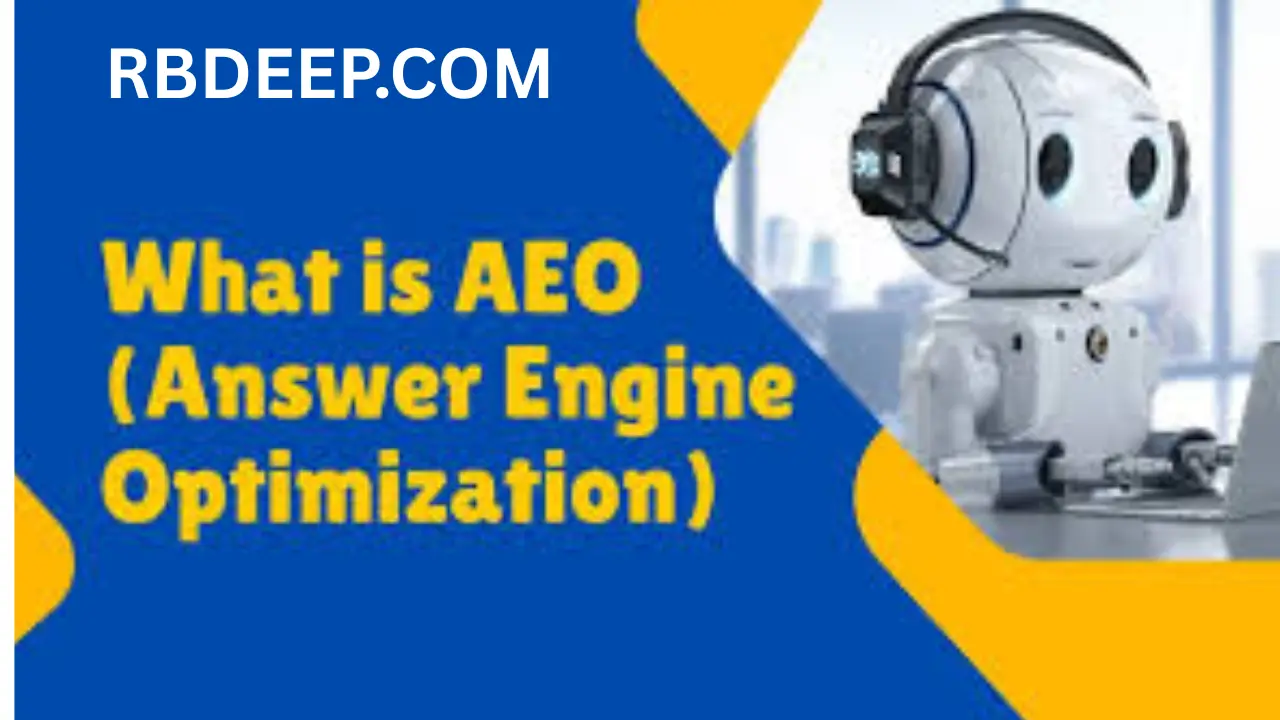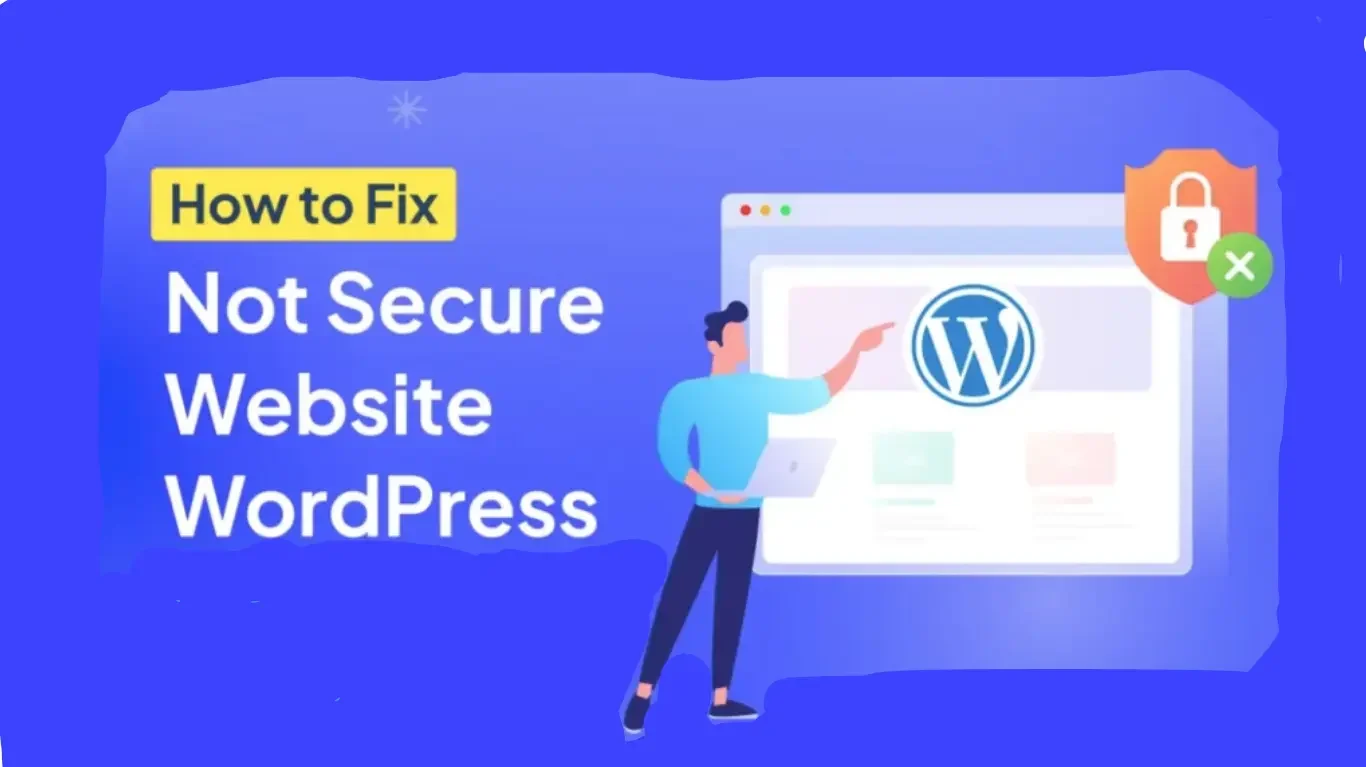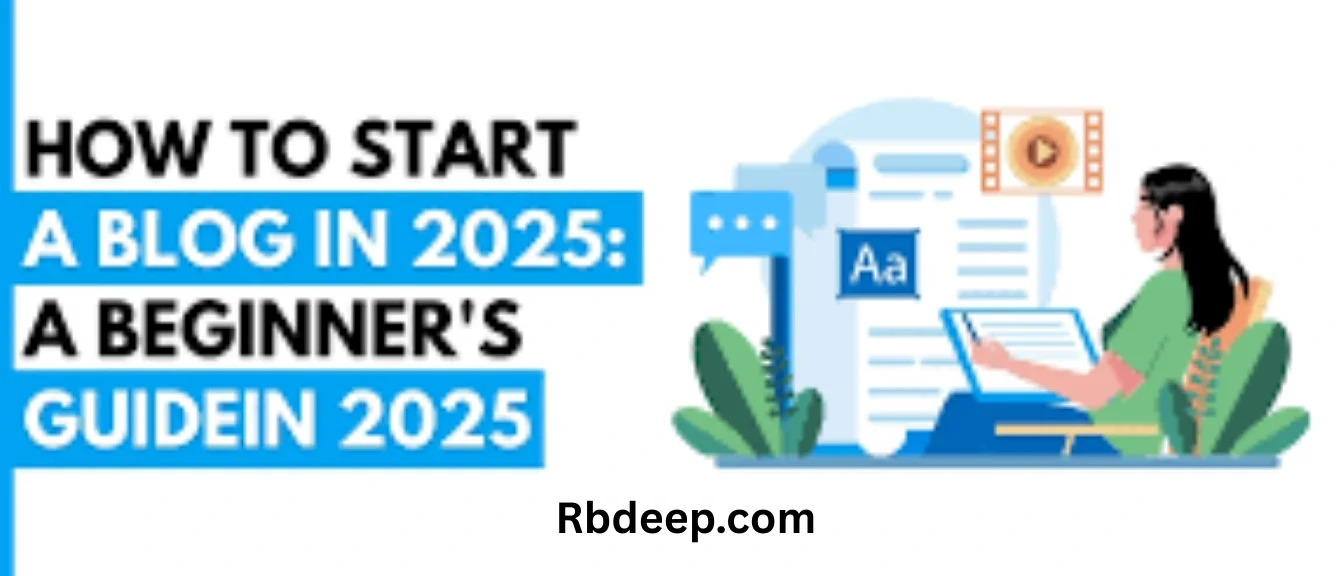Search Engine Optimization (SEO) has long been the foundation of digital visibility. But with the rise of Artificial Intelligence (AI) in content generation, search algorithms, and user intent prediction, many marketers are now asking: Did AI destroy SEO?
In this in-depth article, Nayiawaz, we’ll break down how SEO has evolved, the role AI plays in modern digital marketing, and whether SEO still holds the same value in 2025. Spoiler alert — SEO is not dead, but it’s not what it used to be either.
Understanding the Core of SEO
Before we jump into how AI changed the game, let’s revisit what SEO is all about.
SEO is the art and science of optimizing your website and content to rank higher in search engine results. It revolves around:
- Keywords
- Backlinks
- Mobile-friendliness
- Page speed
- User experience
- Content quality
These pillars remain, but how they are interpreted and rewarded by algorithms has changed significantly. And that’s where AI enters the scene.
The Rise of AI in SEO
Artificial Intelligence is now deeply embedded in search engines like Google, Bing, and even niche platforms. From RankBrain to BERT and now Search Generative Experience (SGE), AI is used to understand user intent, content relevance, and quality at scale.
Many marketers now wonder, Did AI destroy SEO by replacing the need for manual optimization?
Here’s how AI has impacted the SEO ecosystem:
- Content Generation Tools like ChatGPT, Jasper, and others automate content creation.
- Voice Search Optimization is driven by AI that understands natural language.
- Search Algorithms are more semantic and predictive thanks to AI.
- Real-time Analytics and feedback loops help optimize content faster.
So, the question isn’t whether AI is influencing SEO. It’s how much control it has taken over, and whether that means traditional SEO is obsolete.
The Evolution: Traditional SEO vs. AI-Driven SEO
Let’s compare the old and new ways of doing SEO.
| Aspect | Traditional SEO | AI-Driven SEO |
| Keyword Use | Manual research | Predictive & dynamic |
| Content | Written by humans | AI-generated and optimized |
| Link Building | Manual outreach | AI-assisted identification |
| Analytics | Spreadsheet-driven | Real-time AI dashboards |
| UX Focus | Indirect | Directly measured by AI |
This shift has made many believe AI destroy SEO principles by automating and dominating all core SEO functions. But is it truly destruction, or just evolution?
Content Quality: Human vs AI
AI can generate thousands of words in seconds, but Google has made it clear: content should be helpful, people-first, and high-quality. That means AI-created content still needs human input, editing, and authenticity to perform well.
So no, AI did not destroy SEO, but it forces SEOs to up their game.
Key differences include:
- Tone: AI still struggles to match human emotion and storytelling.
- Originality: AI often recycles content, which can lead to duplication.
- Expertise: Google’s E-E-A-T (Experience, Expertise, Authority, and Trust) still requires real credentials.
Thus, the role of the human content creator is more important than ever — AI is a tool, not a replacement.
Google’s SGE and the Changing Search Experience
Google’s Search Generative Experience (SGE) is one of the biggest shifts in search behavior. Instead of a list of blue links, users now get AI-generated summaries right in the search results.
This has led some to ask again, “Did AI destroy SEO by cutting organic traffic?”
Well, SGE does change visibility — especially for blogs, product reviews, and simple answers. But:
- Long-form content still ranks.
- Authoritative sources still dominate.
- Transactional keywords still bring visitors.
The key is adjusting your SEO strategy to align with how AI curates content on SERPs.
SEO in 2025: Dead or Thriving?
So, did AI destroy SEO entirely? The answer is: No. But it forced SEO to evolve.
Here’s what works in 2025:
- Topical authority beats simple keyword stuffing.
- Interactive content (videos, calculators, tools) ranks better.
- First-hand experience matters more (thanks to E-E-A-T).
- Search intent alignment is critical.
Marketers who cling to outdated SEO methods will fall behind. Those who embrace AI as a tool, not a crutch, will thrive.
SEO Is Now a Hybrid Discipline
Successful SEO professionals are now:
- Content strategists
- Technical experts
- AI prompt engineers
- Brand storytellers
This hybrid approach proves that AI didn’t destroy SEO — it expanded the skill set required to succeed.
SEO Challenges in the AI Era
Despite the benefits, AI brings several SEO challenges:
- Duplicate content penalties from over-relying on AI writing tools.
- Algorithm volatility, as AI evolves rapidly.
- Ethical concerns with AI manipulation and spam.
All of these risks prove that AI destroy SEO arguments are oversimplified. It’s not death — it’s disruption.
Best Practices for SEO in an AI-First World
To stay relevant, follow these SEO best practices in 2025:
- Blend human + AI content creation.
- Use tools like SurferSEO or Clearscope for content calibration.
- Focus on user experience, especially mobile.
- Optimize for featured snippets and SGE summaries.
- Prioritize authorship and credibility.
This balanced approach will help you stay visible even as AI threatens to destroy SEO norms.
Final Verdict: Did AI Destroy SEO?
Let’s answer the big question once and for all:
- Did AI destroy SEO? No.
- Did AI change SEO? Yes — completely.
AI didn’t kill SEO — it transformed it into something smarter, faster, and more competitive. Those who resist change may feel like SEO is dead. But in reality, AI is a partner, not a predator.
The future of SEO is bright — but only for those who evolve.
Conclusion: Adapt or Be Invisible
AI has not destroyed SEO, but it has forced marketers to change how they approach it. The idea that AI destroy SEO is rooted in fear of change — not facts.
SEO in 2025 is:
- Data-driven
- User-focused
- Content-rich
- AI-enhanced
- Human-led
Also Read What Is Gmail AI (Gemini AI)?
As long as search exists, SEO will remain, but it will never be the same again. The smart move is not to fight AI but to integrate it thoughtfully into your SEO strategy.
FAQ: Is SEO Still Relevant or Did AI Destroy SEO?
Q1. Is SEO dead because of AI?
No. SEO is evolving, not dying. AI has made SEO more advanced and user-focused.
Q2. How does AI affect search engine rankings?
AI helps search engines better understand content quality, relevance, and user intent, reshaping how rankings are calculated.
Q3. Can AI content rank on Google?
Yes, but only when it’s valuable, human-edited, and aligned with E-E-A-T standards.
Q4. Did AI destroy SEO for small businesses?
No. AI tools can help small businesses compete more effectively — if used wisely.
Q5. What’s the future of SEO in 2025?
SEO will be hybrid: blending human creativity with AI precision.
